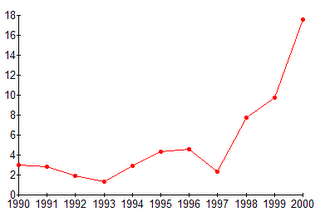Arthur M. Schlesinger Jr.'s death this week has been remarked on quite extensively by the New York Times. Today, they aggravate the already disproportionate praise on the man by lamenting that he was the last "great public historian." No. No, he wasn't. Schlesinger was certainly an influential historian and a popularizer, meaning that he wrote for a non-academic audience. But he was a poor public historian, one infatuated with power and a hagiographer of bad men, especially the Kennedys, who too many Americans think highly of (John was obsessed with his place in history, even if it meant committing war crimes in Vietnam; Robert's odd turn at the end of his life has given some progressives hope, but his work against the Civil Rights movement was shameful).
Not only was Schlesinger a poor public historian, but there are many excellent ones left. It should surprise no one that we would quickly point out the excellent Howard Zinn, whose enduring contributions as a popularizer, an academic, and as an activist make Schlesinger look like a brown-nosing grad student. There is also, among many others, Jeremy Brecher, Noam Chomsky, Ward Churchill, Angela Davis, Roxanne Dunbar-Ortiz, Barbara Ehrenreich, Eric Foner, Dan Georgakas, Joy James, James Loewen, Staughton Lynd, Robert McChesney, Vijay Prashad, David Roediger, and, neither last or least, Kristian Williams.
The Times is a degenerate publication hampered by ideology, but its attempt to identify a barren lot in the midst of a growing and bountiful crop shouldn't go unremarked.
Labels: history


